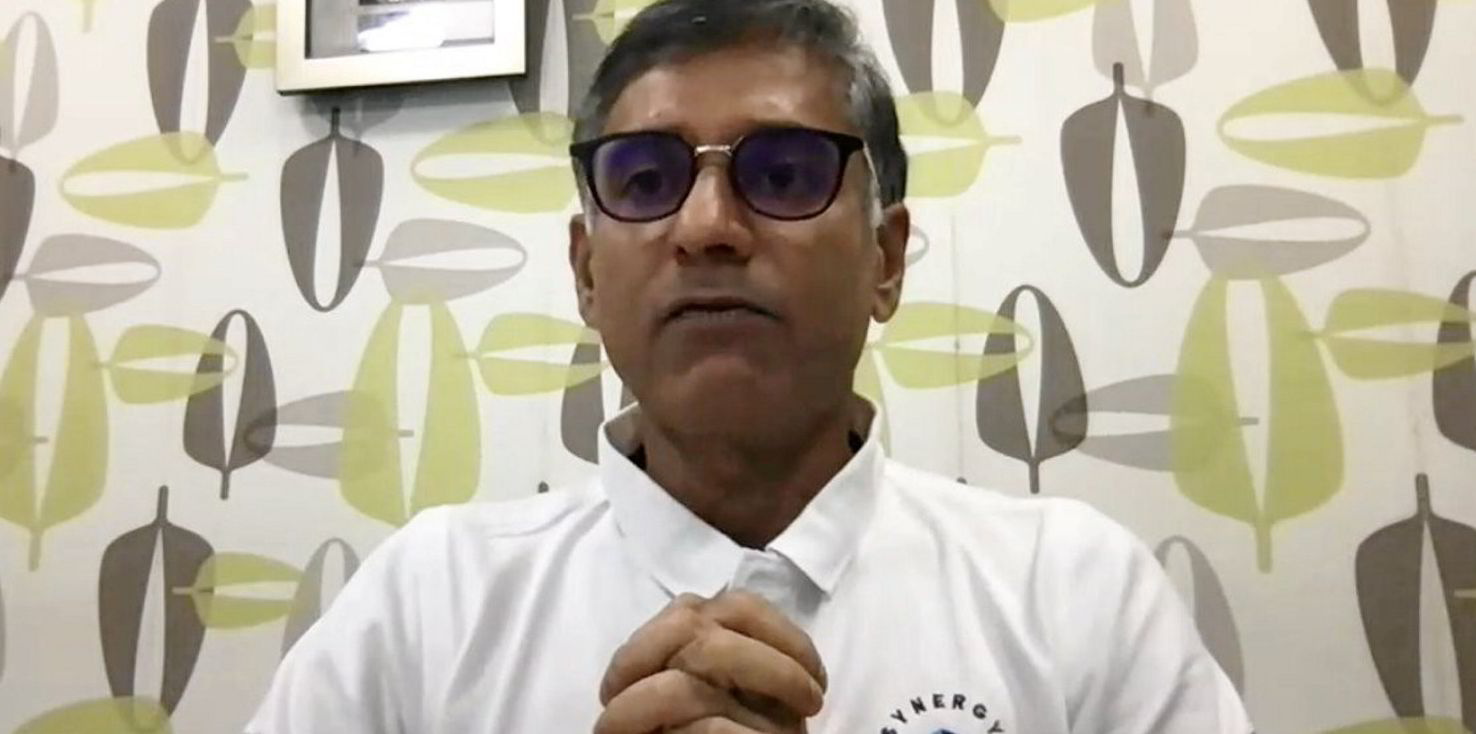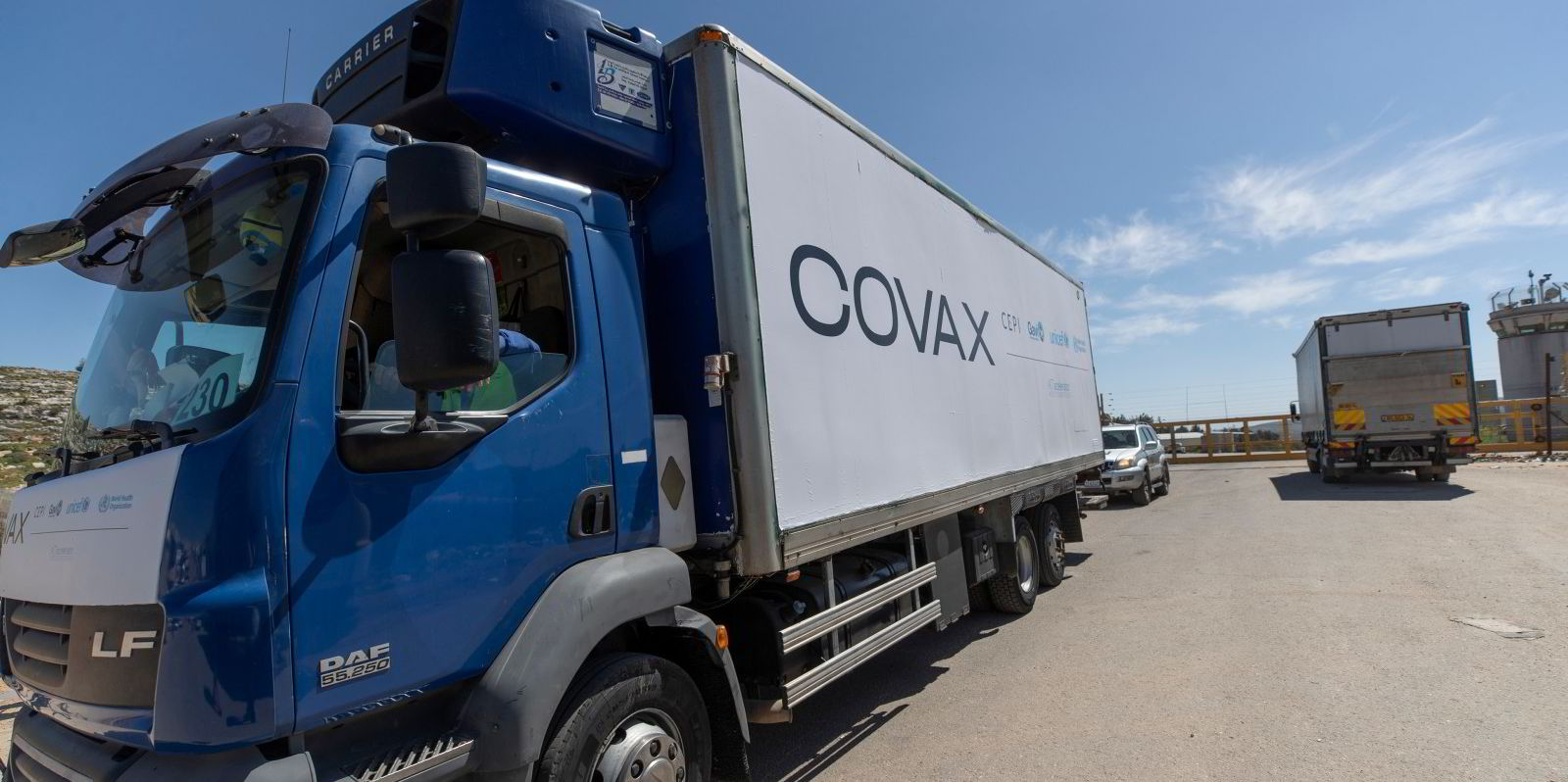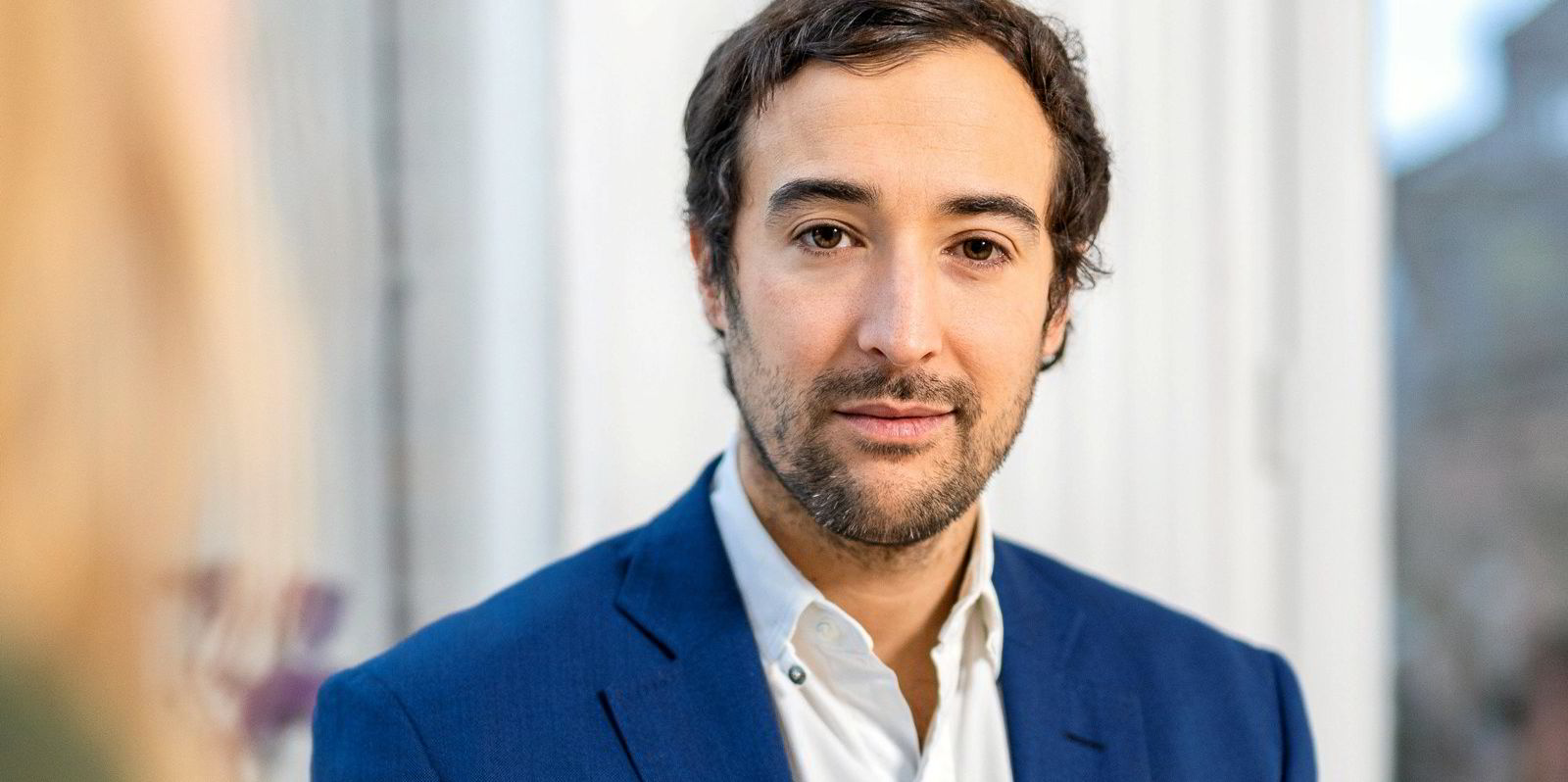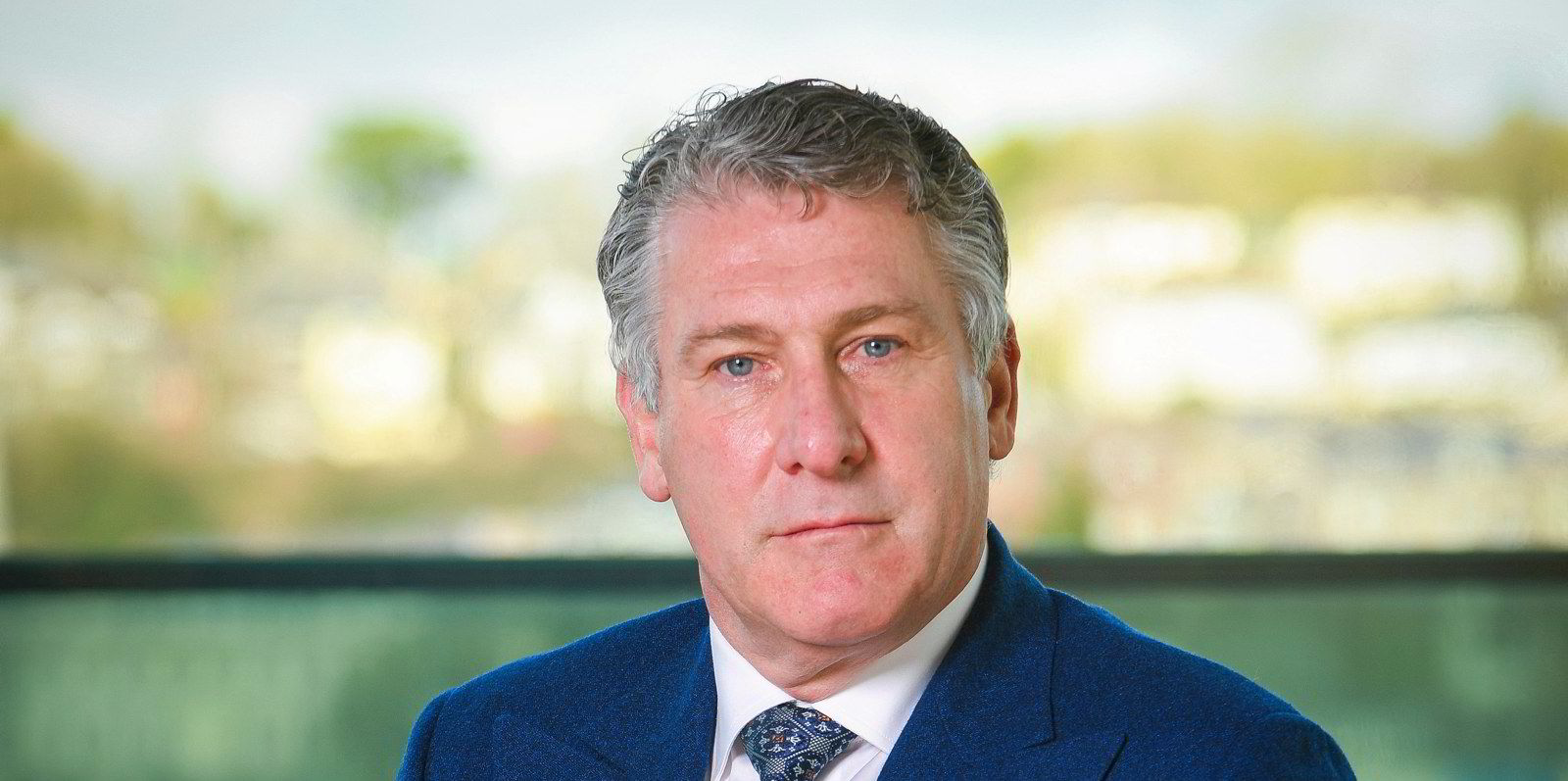Sourcing seafarer vaccinations privately is an option for beleaguered ship managers that fear big problems ahead with "nationalism" in terms of the global Covid-19 response.
Delegates at the TradeWinds Ship Management 2021 webinar expressed fears that the world will become a patchwork of areas where different jabs are acceptable and others are not recognised.
Bjorn Hojgaard, chief executive of Anglo Eastern, said countries are beginning to realise the importance of vaccinations for crews.
But his company has paid for 7,500 private doses in the Philippines in case there is no action from the government.
Doubling up on vaccines?
Hojgaard said there are now questions of what is the "right" vaccine.
"If the US says, 'We don't recognise China's Sinovac vaccine', what do you do? Do you get Johnson & Johnson's in Dubai on top of that?" he asked.
"This is going to be a real logistical nightmare — it's vaccine nationalism."
Rajesh Unni, chief executive of Synergy Marine Group, said most countries have talked about giving key worker status to mariners, but have not yet really implemented this.
His company has been telling seafarers aged over 45 to get the jab in India along with the regular population.
Unni asked how the industry is going to find common ground.
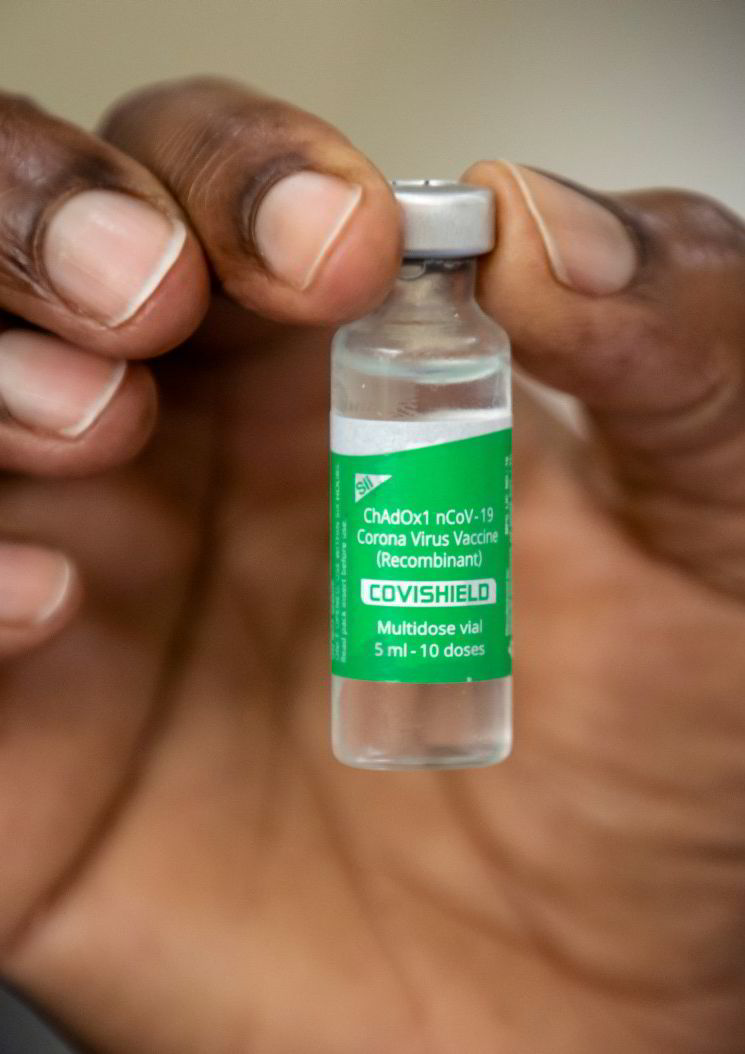
"Right now, we are not part of the chain but we are pushing very hard. Currently, we don't have an influence on vaccinations for our seafarers," he added.
Third wave danger
Mark Dickinson, general secretary at Nautilus International and vice chair of the International Transport Workers’ Federation seafarers' section, warned that the crew crisis is not over, with a third wave of infection coming in Europe.
"It's a rolling problem that has not been resolved yet," he added.
He praised the "immense cooperation" among players over the past year in the shipping industry — "They get the job done."
But the union boss sees the lack of influence with authorities as a problem, due to the fragmented nature of the sector.
"We have to find time to have a grown-up discussion. The seafarers were the losers in this in a big, big, way," he added.
Hubs for jabs
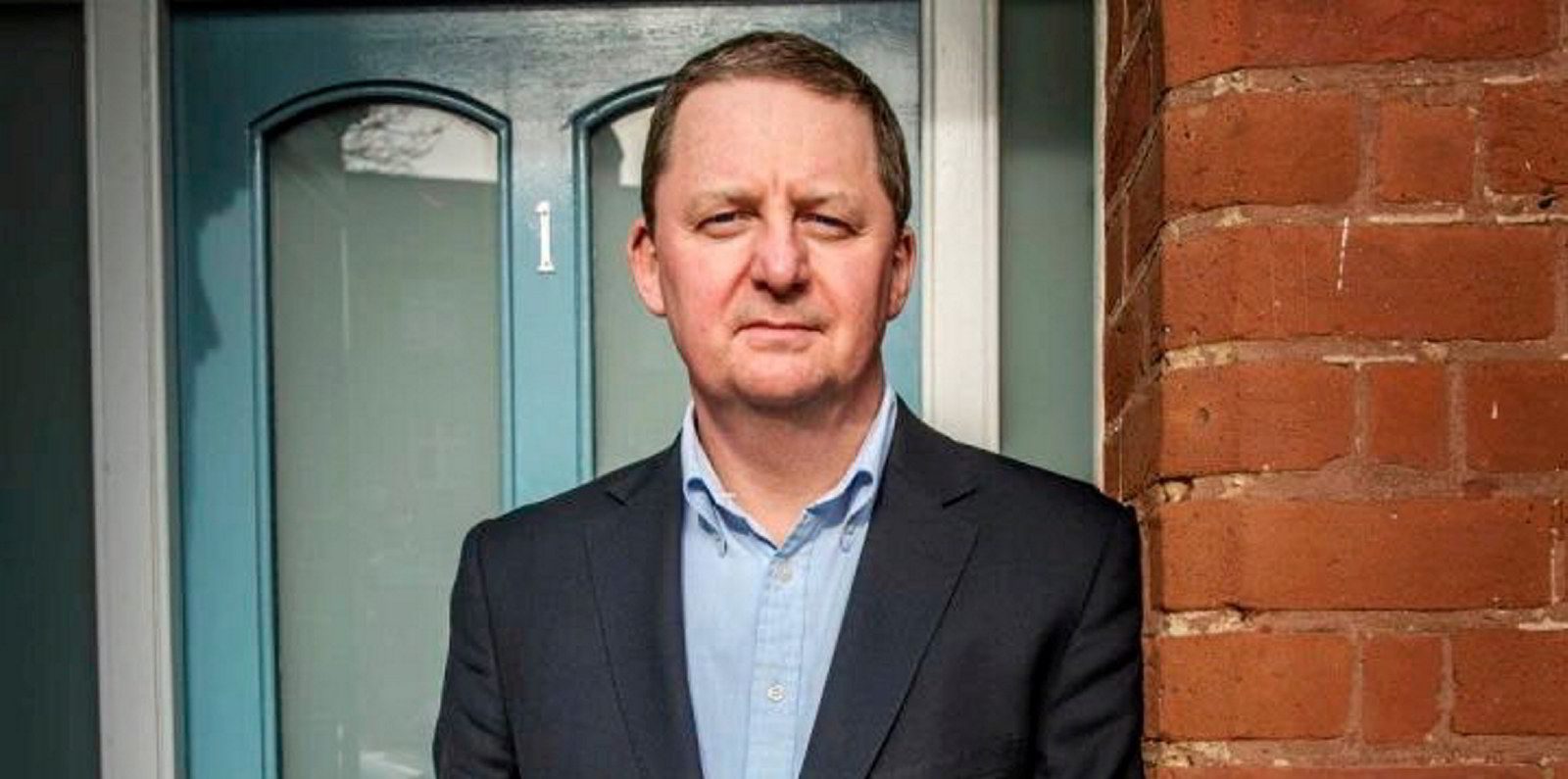
Dickinson called for a structure to get all seafarers vaccinated. He said hubs in places such as Singapore and Cyprus have been mentioned.
The pandemic has made shipping more visible, he argued. "We are being talked about, but that conversation has to continue.
"Seafarers are resilient, they are almost self-selecting. They wouldn't go to sea without that desire for adventure.
"We need to make sure we catch them when they fall."
Unni said mental health is a major concern for his company, after losing a seafarer to suicide in 2018.
Synergy has since set up a 24/7 counselling centre.
Roger Harris, executive director of the International Seafarers' Welfare Assistance Network, said: "Shipping is still very much a hidden industry. Seafarers have hidden lives. The general public don't know about their lives."
He has seen an increase in calls to helplines about psychological stress.
Clara Wahnich, digital innovation partnerships lead at Inmarsat, said many technology and start-up companies now give crew access to services that strengthen their links to home and address their mental and physical health.
Hojgaard concluded that the scale of a ship management company matters, enabling a presence in many locations.
"This has been a real godsend for getting things done," he said.
